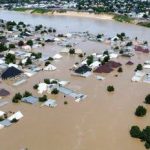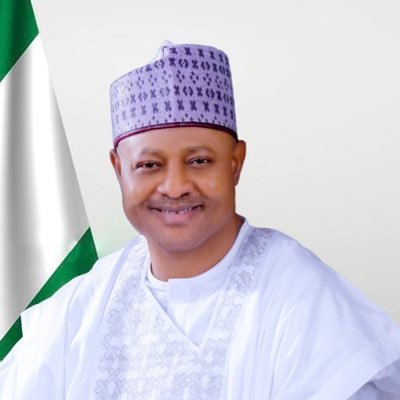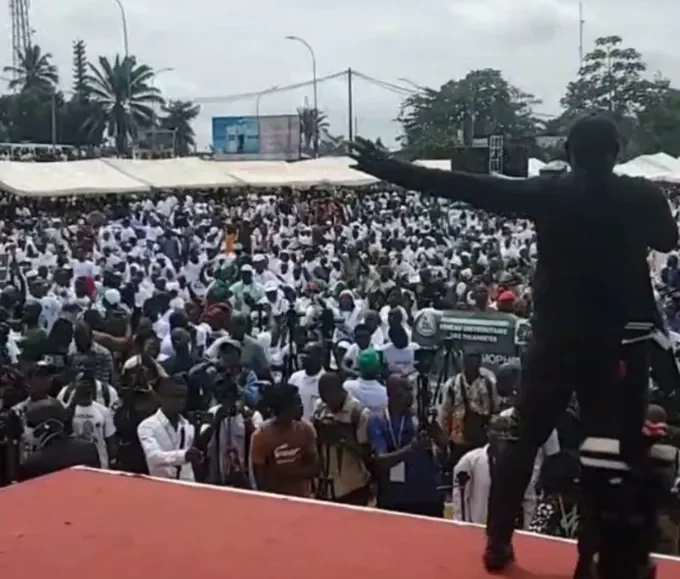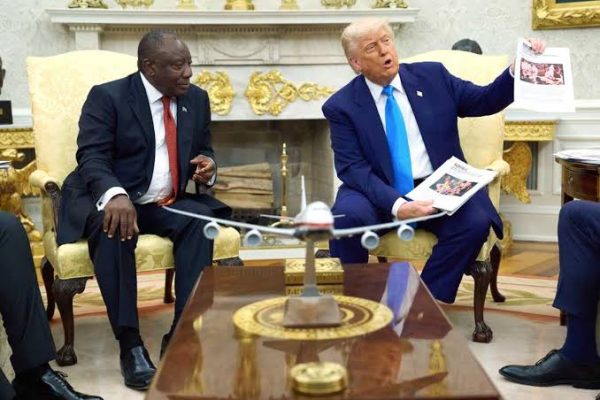
Governor Uba Sani of Kaduna State has disclosed a debt burden inherited from the previous administration led by Nasir El-Rufai.
At a Town Hall Meeting held at the late Umaru Musa Yar’Adua Hall in Kaduna, Governor Sani painted a dire financial picture, citing a whopping $587 million and 85 billion Naira debt, alongside 115 contractual liabilities.
Governor Sani, who served as the Chairman of the Senate Committee on Banking, Insurance, and Other Financial Institutions in 2020, had previously advocated for a loan totalling approximately $350 million from the World Bank during his tenure as senator for Kaduna Central.
He had assured the nation and the people of the state that the loan would be utilised effectively under El-Rufai’s administration.
Today, I joined my distinguished colleagues in the Senate Committee on Local and Foreign Debts to receive submissions on loan requests from a high powered delegation from the Kaduna State Government and Honourable Ministers. pic.twitter.com/GMp6Gc2C2L
— Senator Uba Sani (@ubasanius) February 4, 2020
According to Sani’s earlier assertions, the World Bank and other rating agencies had deemed Kaduna State capable of managing the credit sustainably, given its 10-year moratorium and 40-year repayment period.
The intended usage of the loan was earmarked for infrastructural development, including the construction of community roads, primary and secondary schools, health centres, and overall economic improvement in beneficiary communities.
However, acquiring additional loans drew criticism from figures such as Shehu Sani, the predecessor to Uba Sani in the Senate representing Kaduna Central.
Shehu Sani, along with other dissenting voices like Suleiman Hunkuyi (Kaduna North) and Danjuma La’ah (Kaduna South), opposed El-Rufai’s loan requests.
Their argument centred on the concern that further borrowing would exacerbate the state’s already precarious financial position, laden with significant debt obligations.
Now, as the governor of Kaduna State, Senator Uba Sani grapples with the debt profile he once advocated for, lamenting the heavy burden left by the previous administration.
Governor Sani emphasised the adverse impact of the debt burden on the state’s finances, revealing that a substantial portion of the Federal Allocation was being diverted towards debt servicing.
Due to the rise in the exchange rate, we are paying back almost triple what was borrowed by the administration of Nasir El-Rufai. – he remarked.
He further disclosed that a significant portion of the state’s March Federal Allocation, amounting to N7 billion out of N10 billion, was utilised solely for debt servicing, leaving a paltry sum for essential expenditures.
Read: UNILORIN Rusticates 6 Final-year Students, 13 others for Malpractice and Misconducts
About The Author
Related Articles
Cotê D’Ivoire: Thousands Rally in Abidjan as Opposition Demands Electoral Reforms Ahead of October Election
Thousands of opposition supporters gathered in Abidjan on Saturday, May 31, to...
ByJoy ChukwuJune 1, 2025Ghana’s Gold Output to Rise 6.25% to 5.1 Million Ounces in 2025 – Chamber of Mines
Ghana’s gold output is projected to rise by 6.25 per cent to...
ByConfidence UbaniMay 30, 2025Ghana: John Mahama Slams Trump For Attack On Cyril Ramaphosa, Says Africans Must Stand Together
Ghana’s President John Mahama has strongly criticised U.S. President Donald Trump for...
ByConfidence UbaniMay 28, 2025Guinea Revokes 129 Mining Permits in Bid to Reclaim Control Over Resources
Guinea’s government has revoked 129 mineral exploration permits, stepping up efforts to...
ByConfidence UbaniMay 28, 2025












